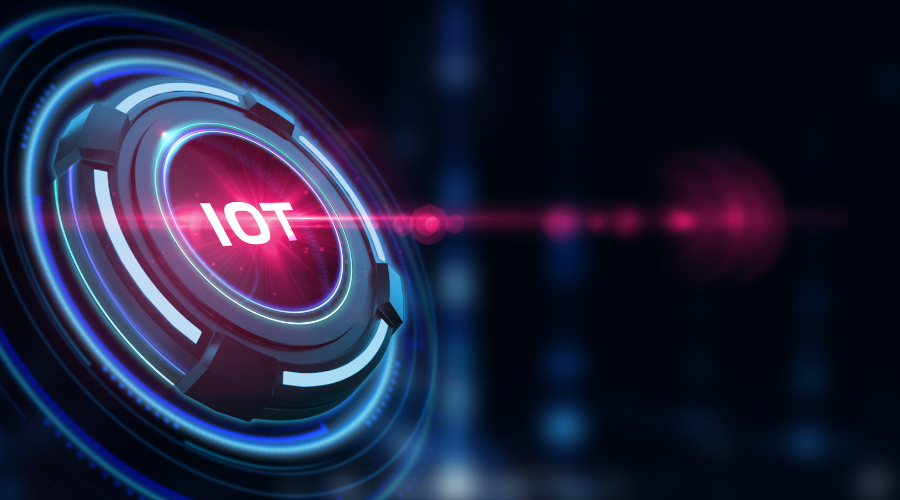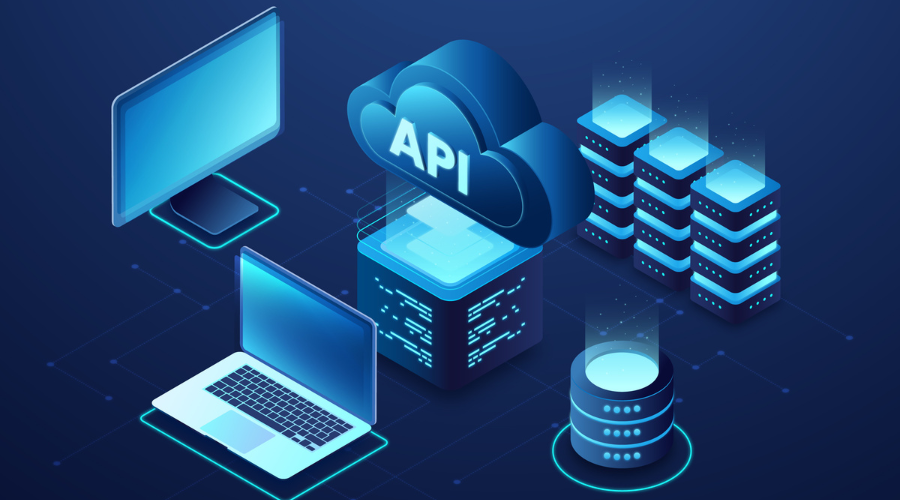There’s no shortage of buzz around the Internet of Things (IoT) these days. Everywhere you look, devices are getting smarter, data is getting richer, and industries are being reimagined. But if you’re leading a business or working in a sector where innovation isn’t optional, you’re probably asking a different question: What do these IoT trends mean for us, right now and in the years ahead?
IoT is not a buzzword anymore. It's a key factor in how businesses work. The transformation is happening faster than many people thought it would, from smart manufacturing to connected health care devices. You're not the only one who wants to know how to keep up or what's coming up. In this article, we'll look at the latest trends in the Internet of Things (IoT) and explore what they mean for the future of innovation in all fields.
The current state of IoT
Studies forecast over 30 billion connected devices by 2030, increasing IoT growth. This surge is about establishing seamless systems where robots, people, and data interact together freely, not merely placing sensors everywhere. Manufacturers use IoT for predictive maintenance, healthcare providers use remote monitoring to keep patients safe at home, and cities use smart grids and traffic systems to save energy and minimize congestion.
However, the road is difficult. Businesses face vendor device interoperability, high implementation costs, and security threats. If you've had trouble connecting devices or worried about data breaches, you understand these issues. These barriers affect IoT acceptance and future advancements.
Big trends in IoT are driving innovation in the future of business
What are the trends that will shape the next phase of the Internet of Things? Let's look more closely.
AI and IoT are coming together, and it's often called AIoT. Think of IoT as making a lot of data, and AI as turning that data into useful information. For instance, factories aren't just gathering temperature data; they're also using AI to figure out when a machine might break down, which saves time and money.
Next, 5G (and soon, 6G) is changing the rules. Real-time decision-making is possible due to networks with low latency and high speed. That's why self-driving cars and remote surgeries aren't just stories anymore; they need this kind of connection.
We should also talk about digital twins. These are digital copies of real systems, and they are changing whole industries. Engineers can test different situations with a digital twin of a wind turbine without having to turn off the real one. What happened? Better performance and lower costs for upkeep.
We shouldn't forget about sustainability. Green IoT solutions are helping companies eliminate energy waste and reach their ESG goals. This is no longer just something nice to have; it's a competitive edge.
Finally, IoT is coming together with AR, VR, and robots. Imagine an engineer wearing AR glasses and being able to see real-time IoT data from a machine while they fix it. Or warehouses where robots that use the Internet of Things make managing inventory easier. This convergence is making things safer and smarter.
How IoT trends affect specific industries
In manufacturing, IoT enables smart factories with automation, predictive maintenance, and real-time analytics, reducing downtime and costs.
In healthcare, connected devices like insulin pumps and heart monitors enable personalized care, improving patient outcomes while optimizing clinician resources.
Transportation and logistics benefit from fleet tracking that cuts fuel use and speeds up delivery, while agriculture uses IoT sensors for precision farming, conserving water and fertilizer.
Meanwhile, smart cities deploy connected lighting, waste collection, and traffic systems to enhance safety and sustainability.
The Future: How the Internet of Things will change business
IoT is not going to slow down in the future. We're coming closer to hyper-automation, in which machines can communicate and make judgments immediately. At the same time, edge computing will become the standard, reducing the need for centralized systems while increasing operational speed and security.
Blockchain will become increasingly important in ensuring the security of IoT systems. When quantum computing becomes a reality, the capacity to quickly handle massive amounts of data will enable ever more sophisticated IoT applications.
Organizations that adopt these new technologies will stay competitive. People who wait? They might get left behind.
Problems that businesses need to solve
Here are the biggest problems businesses have with using the Internet of Things:
Cybersecurity threats: Hackers can get into any device that is connected to the internet.
Regulatory compliance: businesses have to follow strict regulations about data protection, like the GDPR.
Lack of expertise: There aren't enough IoT experts and data analysts on the market.
High infrastructure cost: To build IoT systems on a large scale, you need to spend a lot of money.
Interoperability: Devices from different companies don't always work well together.
Suggestions for businesses on how to be strategic
If you want to get the most out of the Internet of Things (IoT) while minimizing risks, a strategic approach is essential. Start by integrating AI with IoT to transform raw data into actionable insights, enabling smarter and faster decision-making. In addition, consider adopting edge computing, which processes data closer to its source, reducing latency and improving real-time responsiveness.
Of course, security cannot be an afterthought. Make cybersecurity a top priority by implementing strong measures such as encryption, zero-trust frameworks, and robust device authentication. At the same time, prepare your infrastructure for 5G and beyond, as high-speed, low-latency networks will be critical for IoT performance in the coming years. Finally, don’t overlook sustainability, design IoT systems that minimize energy use and reduce waste, ensuring your innovation strategy aligns with environmental goals.
Key takeaway
The Internet of Things is changing not only the future but also the present. New trends like AI integration, better connectivity, and sustainability are altering the way businesses work. Yes, IoT will affect your business if you're wondering. The real question is how ready you are to use it.
Organizations that build secure, scalable IoT strategies right now will be the ones that lead the next wave of innovation. There is no longer a choice to wait.





